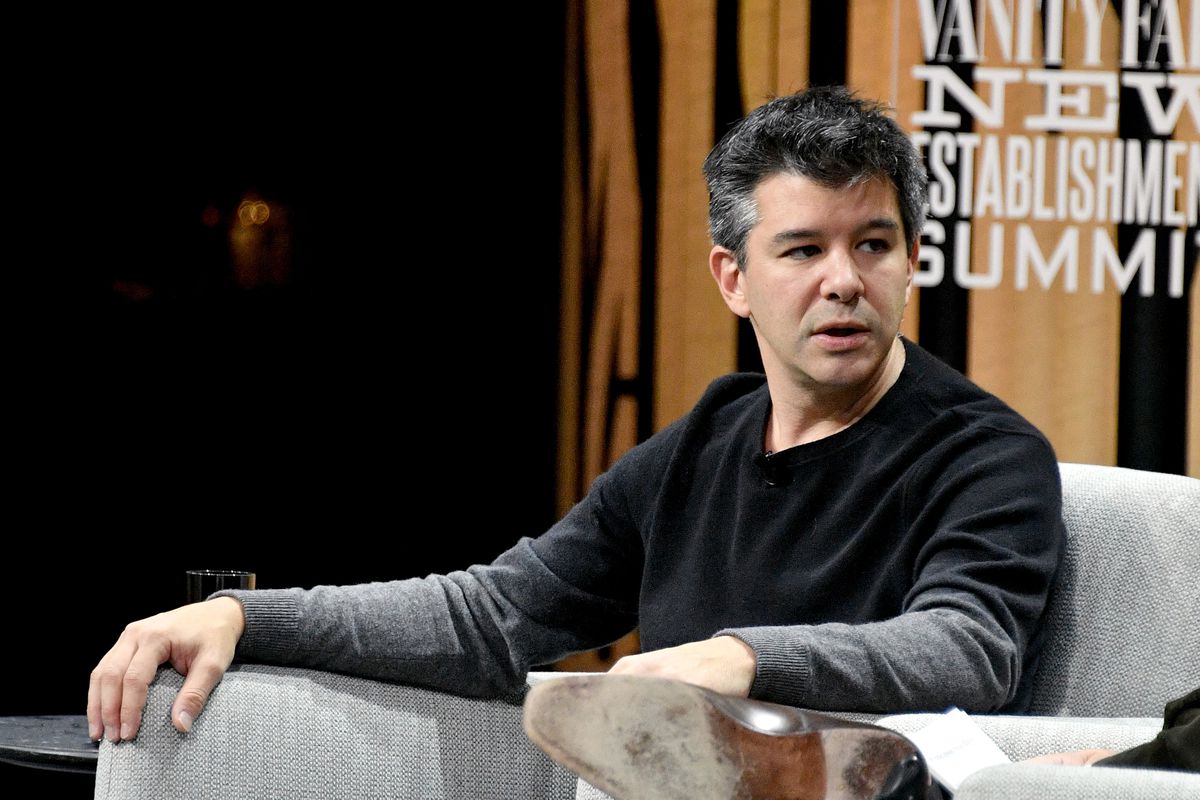Harvey Weinstein, film mogul, co-founder of the Miramax Films Corporation, The Weinstein Company, and the man whose films received more than 300 Oscar nominations while winning 81. Harvey Weinstein, the man who exploited his influence on Hollywood by sexually harassing prominent actresses, including those of Angelina Jolie, Gwyneth Paltrow, Rose McGowan and Ashley Judd to just state a few within his extensive list of victims. While the New York local may have a highly adorned resume, embellished to the state in which he was once addressed as “God“, as the famous saying goes, “you’re only as strong as your weakest link”.

[Harvey Weinstein expelled from Motion Picture Academy]. (2017, October 14). Retrieved October 15, 2017, from http://money.cnn.com/2017/10/14/media/academy-weinstein-academy/index.html
Although marketing is often associated with the category of commerce, it is also applicable in the context of everybody’s general lifestyle via the term ‘reputation’ as people hypothetically market themselves to others on a daily basis, therefore causing an explicit link between the business concept and the general public.
As we learnt in class, “it is critical to note that marketing happens without intent. Everything communications”. In the context of Harvey Weinstein, his failure to recognise this link and correlation between his actions and possible repercussions caused for him to be expelled from The Academy of Motion Picture and Sciences (the organization behind the Oscars), stating they “voted well in excess of the required two-thirds majority”.

[Travis Kalanick resigns as Uber CEO]. (2017, June 21). Retrieved October 15, 2017, from https://www.theverge.com/2017/6/21/15844836/uber-ceo-resigns-travis-kalanick

[Uber losses would have ranked near top among public companies in 2016]. (2017, April 17). Retrieved October 15, 2017, from http://www.marketwatch.com/story/uber-losses-would-have-ranked-near-top-among-public-companies-in-2016-2017-04-14
As Uber is a company (versus the issue with Harvey Weinstein), we can logistically witness the effects of having a negative reputation despite having a product that effectively satisfies the value proposition block of the business model canvas (solving the customers problem of transportation). In financial terms, it is documented that Uber lost approximately $3 billion last year, therefore explicitly showing the mass effect of having bad marketing, whether intended or not.
Word Count: 444